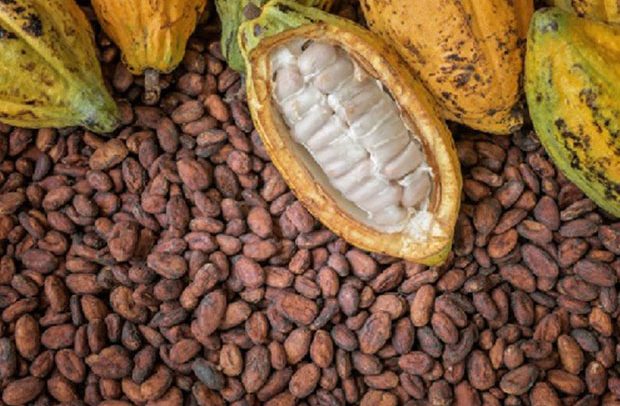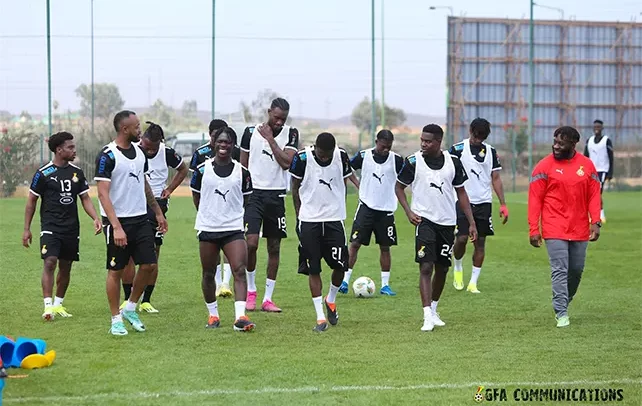
Sixty percent of the world's cocoa production comes from two countries in West Africa — Ghana and Ivory Coast. But for years, the farmers behind the beans have struggled with low income, raising concerns about the sustainability of the cocoa industry. The two nations have added a fee to improve farmers' incomes, but farmers say more needs to be done.
Emmanuel Nodjo has been growing cocoa for 20 years to support his family. His 1.8-hectare (4.5-acre) farm has helped put his son through school and care for his extended family. But like most cocoa farmers in Ghana, he struggles to make ends meet.
"We need cocoa-buying companies to support the farmers," Nodjo said. "But when we ask them, they say no, they don't use pre-finance."
In Ghana, 800,000 households rely on cocoa. The cost of growing cocoa is high, and prices are dictated by a government agency, which bases its prices on the global market. The result is that farmers often make little money.
Adding to their plight, many farmers don't own the land they plant, making their future uncertain.
Down a pothole-riddled dirt road, through a forest and along muddy tracks interrupted by streams is where David Servor farms his cocoa.
But he does not own the farm, and he has been told the land might soon be sold.
"Ghana and Cote d'Ivoire [Ivory Coast] are West African countries who help in cocoa. But listening to the news, I have not been hearing Cote d'Ivoire has been selling its lands to people to be doing different things. But always, Ghana is selling their lands, destroying our cocoa farmers. How do we have a future in this?" Servor said.
Ghana and Ivory Coast discussed establishing a $2,600 per ton minimum price on cocoa buyers earlier this year, but they pulled back from the plan in July.
Instead, they added a $400 "living income differential" per ton of beans. The hope is the fee, added to the price dictated by supply and demand, will mean more money for farmers.
Ghana's cocoa industry regulator says improving farmers' incomes is crucial to keep them growing the beans. Fiifi Boafo, a spokesman for Ghana Cocoa Board, says the government is aware of cocoa farms being destroyed for other crops or businesses.
"Farmers feel that they have not been rewarded enough for their efforts," Boafo said. "It is a major threat to the survival of the cocoa industry in Ghana."
Authorities say the new fee will help farmers earn a minimum price per ton and pay more to cocoa farmers like Nodjo.
However, Nodjo says it may not be enough.
"Their mention of $2,600 for one ton — to me, they can give more than that," he said.
Nodjo also wants to see more cocoa products manufactured in West Africa so farmers are less reliant on exporting raw beans.
Currently, Ghana and Ivory Coast make only about $6 billion of a global chocolate market worth more than $100 billion.
Ghana's farmers warn their incomes must improve if they are to keep producing the world's cocoa.
Read Full Story

















Facebook
Twitter
Pinterest
Instagram
Google+
YouTube
LinkedIn
RSS